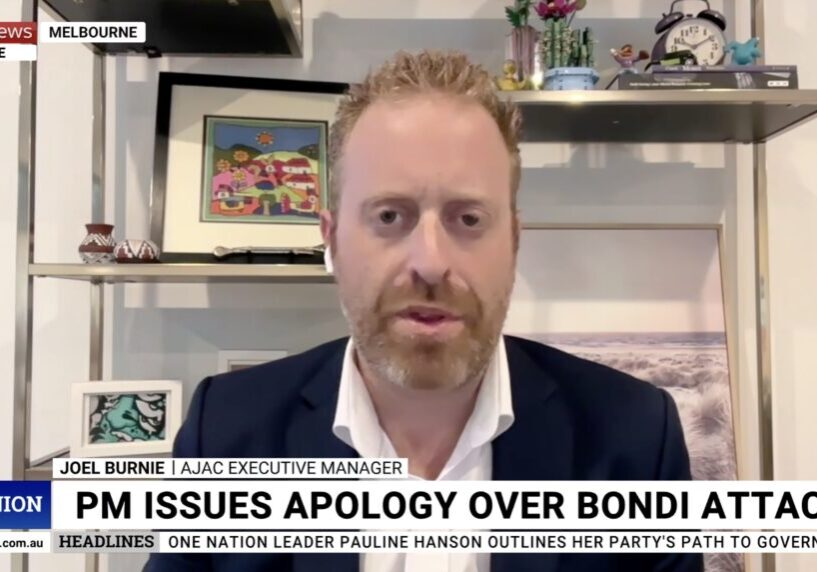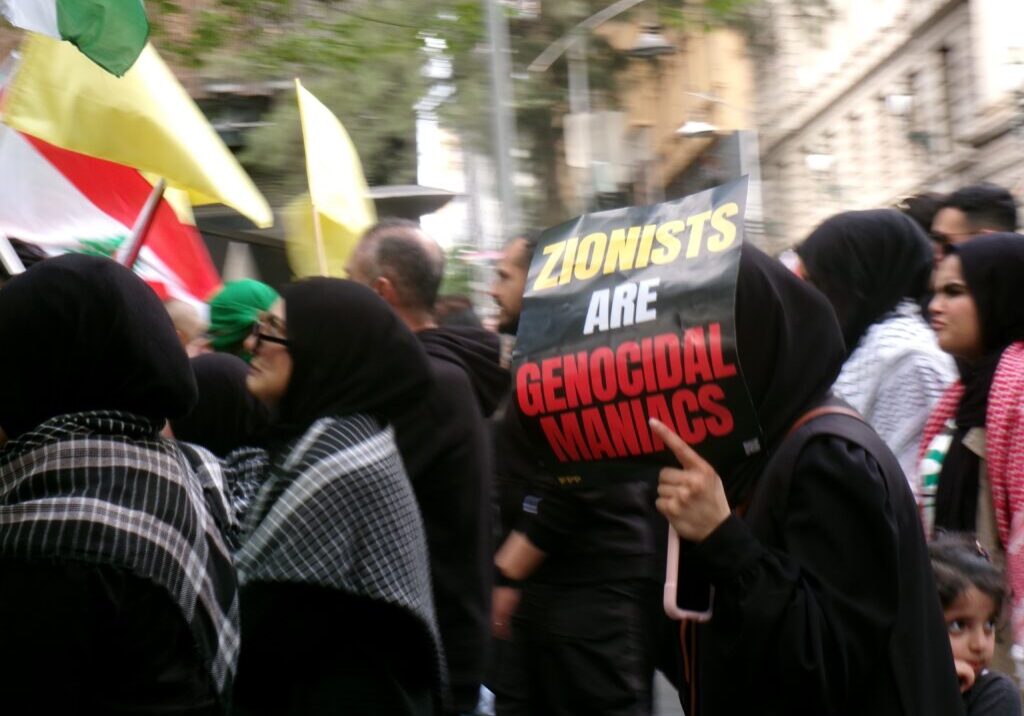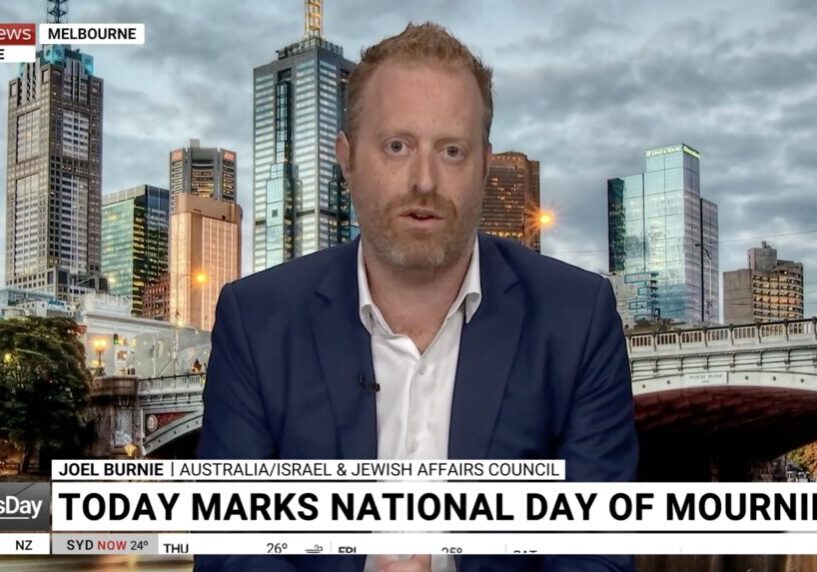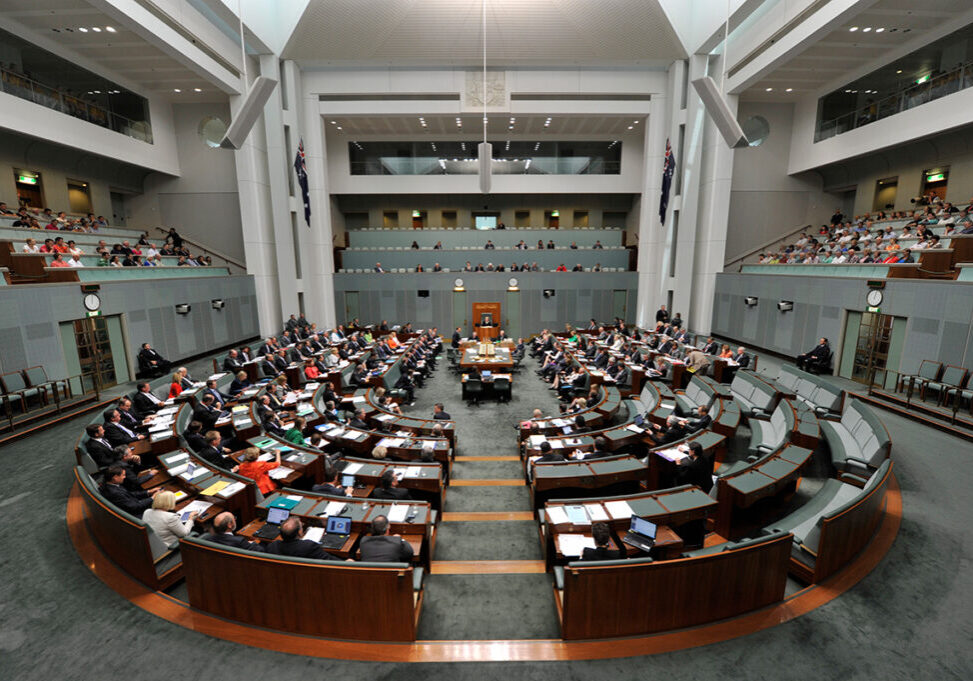Australia/Israel Review
Europa Europa: A Bridge to an Ugly Place
Dec 16, 2022 | Alex Benjamin
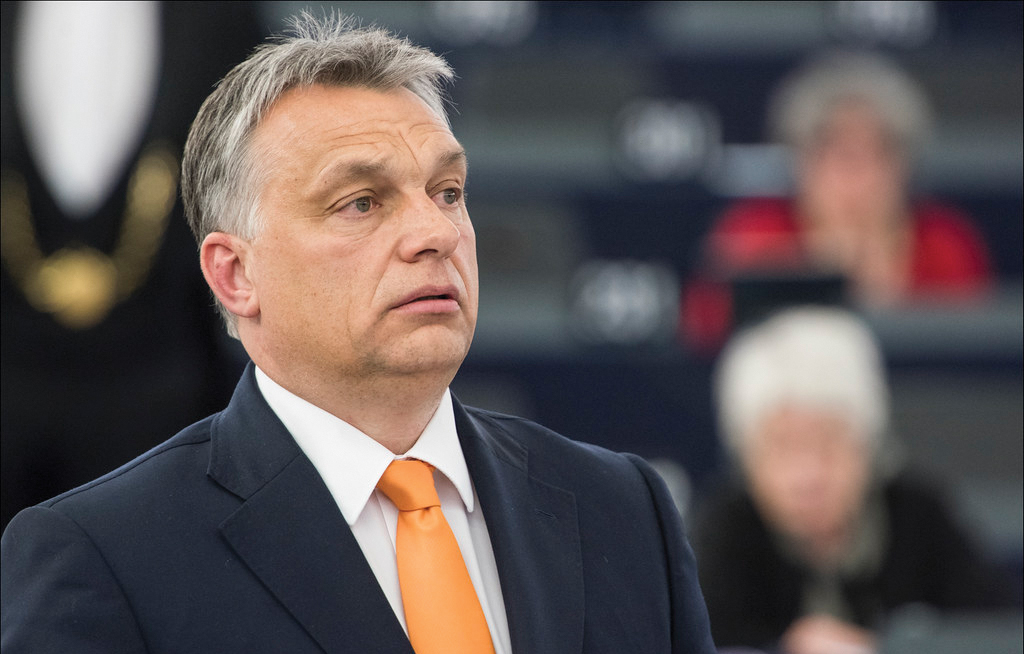
I’m writing this column from cold Sofia, Bulgaria, where I’m attending a conference of Prosecutors General and religious leaders from across Europe titled “Stop Hate Speech”.
The conference is a first for me. I was raised on the idea of the separation of church and state. Moderating a panel of religious leaders addressing a room full of the sharpest legal minds in Europe, it was fascinating to watch these two very different groups find common cause.
But even more unusual was that in the middle of often tough and painful discussions of examples of antisemitism, and the case law for dealing with them, there were asides: some speakers were openly making reference to the World Cup. Light-hearted rivalries would always appear, pantomime boos and cheers prevail and everyone would become an armchair national team manager after the business cards were exchanged and small talk began.
To me, this kind of national patriotism is a good thing. A love of country and what it stands for, wearing a tie in national colours or gentle chiding of another country’s lack of prowess on the pitch brings people together and breaks down barriers (who knew that that stern-looking Minister of Justice is married to a Brazilian and loves soccer?). It is inclusive – everyone can be a supporter, and anyone will hug anyone after a goal.
Nationalism, on the other hand, can often be chauvinistic and exclusive and based on a narrow sense of what constitutes a nation and who can be part of it.
Let us look at British patriotism and nationalism for a minute. British patriotism is the Royal Family, fish and chips (or tikka masala), and the multi-faceted nature of the country where anyone can be a citizen and all are welcome as long as they respect some basic shared values.
British nationalism, on the other hand, is usually almost exclusively white and tied up in notions of the noble traditions of ‘pure-blooded’ British people being eroded by immigration and foreign influence.
Patriotism can be a good thing, but exclusivist nationalism is something that we must always be wary of. And yet, the crossover between friendly patriotism and exclusivist nationalism in Europe, once narrow, is getting wider year after year.
In times of uncertainty, of economic hardship, where some are suffering or have been left behind in term of education and opportunity, discontented individuals will often look for something or someone to blame. A bridge is opened between love of one’s country and its traditions and ethnic exclusivism and resentment aimed at the foreign “other”. And an increasing number of politicians across Europe are adding more lanes to this bridge.
In July 2022, Hungarian PM Viktor Orbán said, “We [Hungarians] are not a mixed race and we do not want to become a mixed race.” Two days later in Vienna, he “clarified” that he was talking about cultures and not genetics. To be honest, I’m not sure this distinction makes the slightest difference to me as a Jew. It still sets off alarm bells.
And Italy’s Giorgia Meloni? She is a bit cleverer than Orbán, whose ethnic nationalism is as naked as a nudist colony. In her victory speech in late September, the new Italian PM quoted G.K. Chesterton. “Chesterton wrote, more than a century ago,” she said, “‘Fires will be kindled to testify that two and two make four. Swords will be drawn to prove that leaves are green in summer.’ That time has arrived. We are ready.”
Chesterton was an English writer, probably most famous for his Father Brown comedy-drama detective stories.
Yet Chesterton also spoke openly and often about the “Jewish problem”. They “control other nations as well as their own,” he said – and he wanted British Jews to be deported to Palestine (where they “should live in a society of Jews, should be judged by Jews and ruled by Jews. I am an Anti-Semite if that is Anti-Semitism”). If they were to continue walking “these rolling English roads”, he said, they should be made to wear “Arab dress” so “we should know where we are.”
I’m not sure what is worse – the blatant in-your-face exclusivist nationalism of Orbán, or the more urbane Giorgia Meloni quoting seemingly innocuous writers whilst sending covert signals to those attracted to and aware of Chesterton’s ugly and exclusivist side.
What I am sure of is that ‘Stop Hate Speech’ conferences are exponentially growing these days across Europe, and that the bridge I referred to earlier is being reinforced, widened, and extended. The friendly patriotism of the World Cup is increasingly a once-in-four-year outlier – whereas hate-filled nationalism is increasingly celebrated every day on a continent that should know better.
Tags: Antisemitism, Europe, Racism


